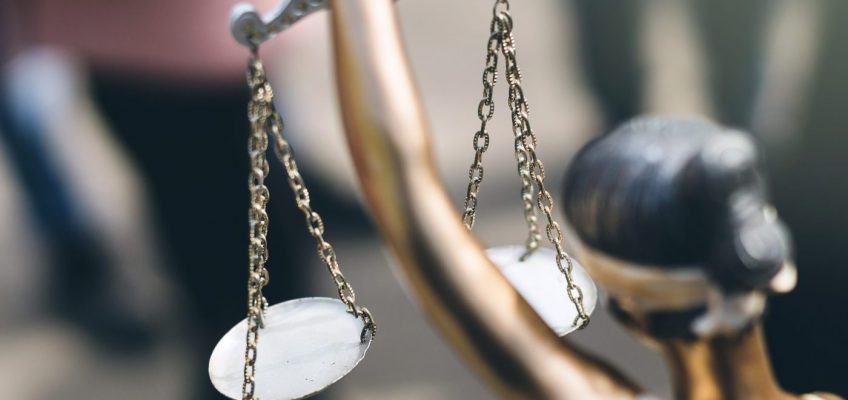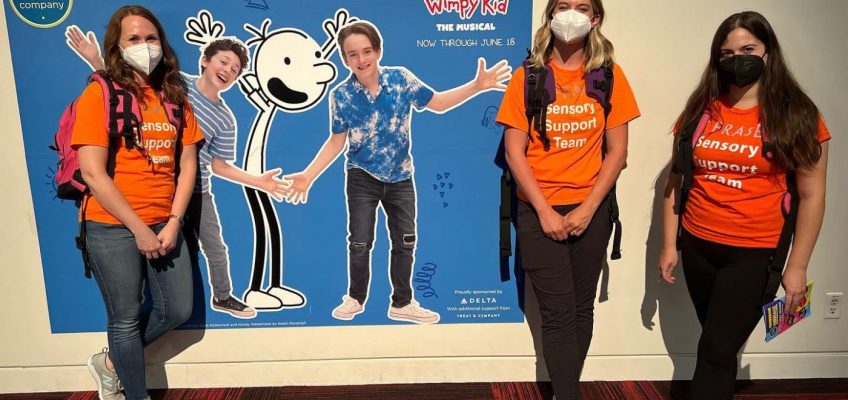Fusion has been in the news a lot recently given its promise as an abundant and clean source of energy that could help power the AI revolution.
Late last year, the Trump administration overhauled the Department of Energy by phasing out several clean‑energy offices while shifting the focus to fusion (along with AI, quantum and critical minerals). The Trump Media & Technology Group then announced a merger with TAE Technologies, a fusion company based in Irvine. And just last month the Canadian company General Fusion announced it was also going public.
Although these developments have created a lot of buzz among investors, far more than splashy headlines are needed to address the physics and engineering challenges for commercial fusion to become a reality. And without a coordinated national strategy, the United States could lose its lead in fusion, a field that will be required for any country’s “energy dominance” in the future.
We are in the middle of a long-term geopolitical race: China, Europe and the U.K. have been pouring billions into fusion development. If the U.S. wants fusion energy to power our economy in the next decades and beyond, now is the time to double down.
For more than 75 years, humans have sought to harness the power of fusion — the energy source for the sun and all other stars in the universe. Yet it’s only in the last few years that U.S. researchers at California’s Lawrence Livermore National Laboratory have achieved the holy grail of ignition, when controlled fusion reactions can produce more energy than that supplied. This discovery, along with the development of high-temperature super conducting magnets, has led to a surge in private investments, with fusion start-ups raising four times more capital ($7.1 billion) in the last four years than ever raised before, according to data from the Fusion Industry Assn.
U.S. fusion companies and national laboratories have led the funding and have made the most scientific progress to date. It now feels as though the U.S. is closer than ever to commercialization due to breakthroughs like superconducting magnets, high-powered lasers, efficient pulsed power machines and the use of AI in materials and plasma physics.
But isolated breakthroughs alone won’t win the global race. Strategy will. The question now is whether the U.S. will use this moment to build and fund a coherent national plan for fusion energy or watch other nations reap the economic and strategic rewards of a technology American scientists did so much to advance over the last few decades.
Why does this matter? Fusion is not just particularly well-suited to the energy-hungry AI revolution, but its promise of affordable, abundant, 24/7 dispatchable energy that is modular and localized will determine who leads in advanced manufacturing, space systems, chemicals and national defense. Every nation with global ambitions understands this. That’s why European and Japanese governments have set aggressive timelines for developing facilities capable of generating fusion energy, and why China has built a strong government-funded reactor engineering program that lays the foundation for a pipeline from university labs to fusion pilot plants.
What should a national fusion strategy look like for the U.S.? Three steps stand out.
First, diversify federal funding.
Historically, most fusion dollars have gone to magnetic‑confinement programs, which involve large and complex magnetic fields that confine the fusion fuel plasma. But the landscape has changed. Breakthroughs in lasers, hybrid methods, advanced materials and superconducting magnets have broadened the field. In addition to continued support for magnetic confinement devices, the U.S. should expand support for promising alternative approaches. Research into materials, reactor engineering and other challenges common to most fusion approaches should be accelerated.
Second, modernize permitting.
Fusion is fundamentally different, and significantly cleaner and safer than nuclear fission. Although there are issues to be addressed related to the variant of hydrogen that serves as the fuel in most fusion reactors, and the shielding from the large amounts of neutrons produced, unlike fission, there is no chain reaction, no meltdown risk and no high‑level waste requiring deep geological storage. The Nuclear Regulatory Commission has already recognized this by placing most fusion facilities under a streamlined regulatory framework. Other federal and state agencies should follow suit. Permitting should take months, not years.
Third, strengthen public‑private partnerships where the government directly supports the research at private companies in collaboration with universities and the national laboratories.
The Department of Energy has launched strong pilot programs, including its Advanced Research Projects Agency–Energy initiatives, the Innovation Network for Fusion Energy (INFUSE) industry‑lab consortium and the Milestone‑Based Fusion Development Program. Still, the scale remains minuscule compared to the opportunity.
National laboratories bring world‑class diagnostics, materials science and computing power. Companies bring rapid advancement. Fusion will arrive fastest when these strengths work in tandem. Congress should expand these public-private models to support greater collaboration.
We also need to address a final essential ingredient: workforce development. On the one hand, we need to make it easy for top fusion scientists and engineers to come to the U.S. and stay here. We should create explicit carve-outs in O-1 visas and STEM green-card categories for fusion talent.
On the other hand, once the basic research is done, most fusion company employees will not be PhD scientists but rather engineers and technicians who can build things and keep them working. We should develop specific programs geared to this future large-scale and well-paying industry at four-year, two-year and at vocational institutions.
Fusion won’t arrive by accident. It will arrive because America chooses to lead strategically, boldly, and with the urgency this moment demands. The DOE reorganization has opened a door; it acknowledges that fusion belongs at the center of America’s energy and technology priorities. What matters is what comes next.
Mike Campbell is a professor of practice at UC San Diego and president of Fusion Power Associates. He previously led fusion programs at the Lawrence Livermore National Laboratory. Farhat Beg is a professor at UC San Diego, where he leads the fusion energy program, and vice president of Fusion Power Associates. Mihir Worah is the chief executive of MIFTI Fusion. They wrote this column for the Los Angeles Times.
Related Articles
Jamelle Bouie: How Marco Rubio is failing Western Civ
Commentary: We celebrate civil rights heroes only after they stop making us uncomfortable
Barbara McQuade: How to safeguard the DOJ against the next Trump
Thomas Friedman: Netanyahu plays Trump and American Jews for fools — again
Maureen Dowd: Welcome to the voyage of the damned



